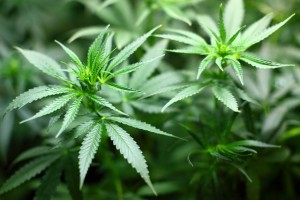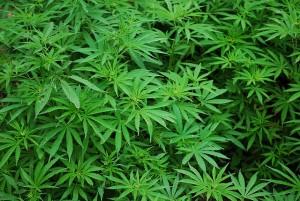Regular marijuana users are less aware of their own mistakes, and they are not that good at creative thinking. This is according to a conclusion drawn by psychologist Mikael Kowal from his research on the effects of cannabis
Dopamine
Kowal conducted experiments on 40 regular users of cannabis. The control group of 20 non-users were given a placebo. Kowal studied the direct and chronic effects of marijuana on dopamine-related functions, such as creative thinking and the ability to recognize one’s own mistakes. The brain chemical dopamine is important for the proper working of the brain and also plays a role in learning performance.
Less good at brainstorming
Kowal’s research showed that cannabis users were less able to brainstorm, a mental process that is crucial for creative performance:
There is a widespread belief among users that these drugs enhance creativity. This experiment disproves that belief.
Poor at recognizing mistakes
Kowal also demonstrated that for chronic users the brain processes involved in monitoring mistakes also work less effectively. A high dose of marijuana seems to influence both the unconscious processing of mistakes and also the later and more conscious stages of error processing.
It is important that we gather more knowledge about the effects of cannabis on a person’s ability to detect mistakes. This can help with putting together a treatment program for drug addiction.
Lower dopamine production
The research also indicated clear long-term effects: cannabis disrupts the activity of dopamine in the brain. With chronic users a significant reduction was seen in the frequency of spontaneous eye blinking, an indication of a reduction in dopamine production.
More Research Required
The conclusions from other scientific research is that regular marijuana use does not necessarily have extremely negative effects for the take-up of dopamine. It may well be that the age at which cannabis is first used is a crucial factor, Kowal suggests. The type of cannabis and the way neurobiological processes interact with one another can also result in individual difference.
More research is needed on the effects of cannabis and on the individual consequences it can have on mental functions.



